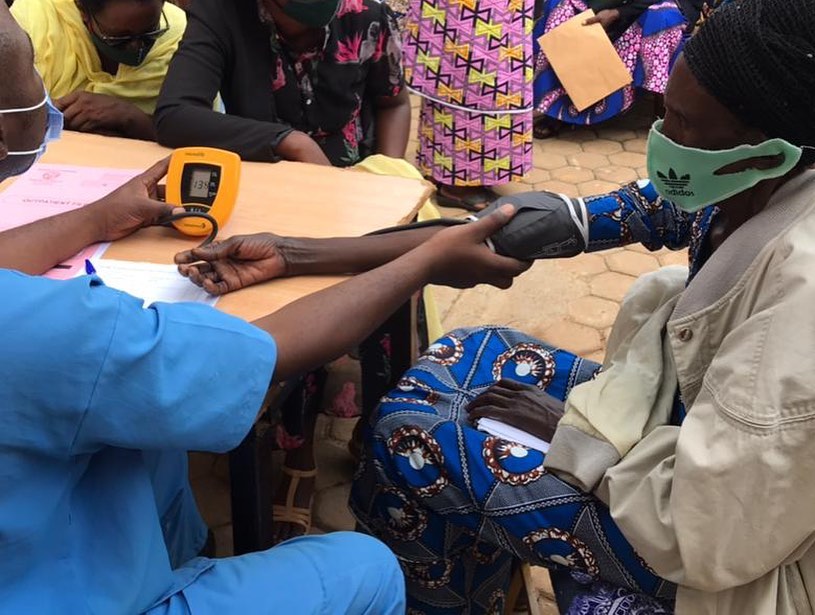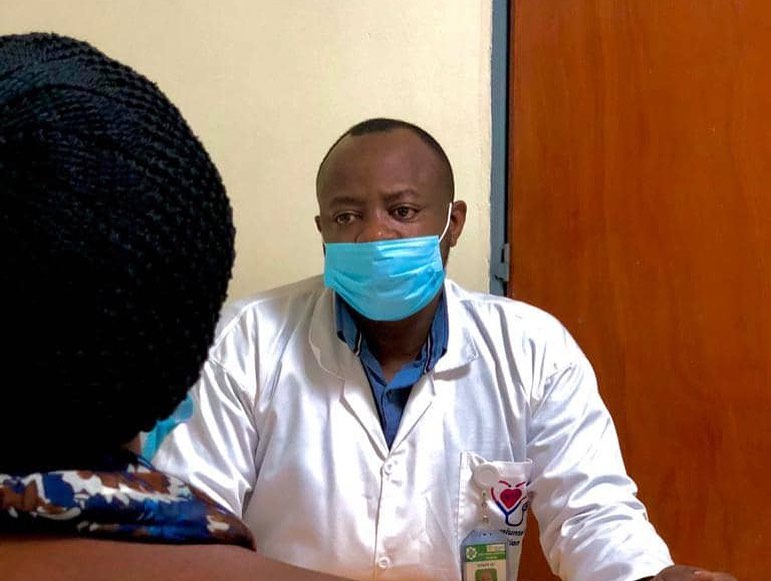
Medical Volunteers Organization in collaboration with King Faisal Hospital (KFH) and other partners, has conducted a voluntary medical outreach program in which it consulted and treated 641 survivors of the 1994 genocide against the Tutsi for various complex diseases and medical conditions.
Such cases, the Hospital said, would have required a transfer to national referral hospitals. And, the survivors have been suffering from them for long, a situation that needed urgent medical support.
The activity was planned for three days from April 29 to May 1, 2021. Its main purpose was to bring advanced medical care to the survivors of the Genocide, in line with Kwibuka Twiyubaka – remembering and renewal – the theme for the 27th commemoration of the Genocide against Tutsi.
“During this 100-day commemoration period, we wanted to take advanced healthcare to the genocide survivors so that those who are not financially stable, are able to afford the advanced medical care from King Faisal Hospital,” said KFH Chief Executive Officer, Prof. Miliard Derbew.
It was planned in partnership with Rwamagana Hospital, Rwanda Social Security Board (RSSB), the Association of the Widows survivors of Genocide against the Tutsi (AVEGA Agahozo) and the fund for support and assistance to the neediest survivors of the genocide against the Tutsi (FARG).
The survivors who received the health services are members of the community-based health insurance scheme – Mutuelle de Santé, which is intended to cover healthcare for the low-income citizens.
And, sending a patient who is a Mutuelle de Santé subscriber to a national referral hospital such as King Faisal, would require a long transfer process.
The focal specialties included internal medicine, urology, ENT (Otolaryngology or a medical specialty which is focused on conditions affecting ears, nose, and throat), gynecology and obstetrics, general surgery, orthopedics ; neurosurgery, psychology, psychiatry, pediatrics, and cardiology.
The outreach benefited not only patients residing in Rwamagana but even those coming from all 7 districts of the Eastern Province.
Some of the survivors were suffering from conditions that resulted from the traumatic and tragic events they experienced during the Genocide against Tutsi.
